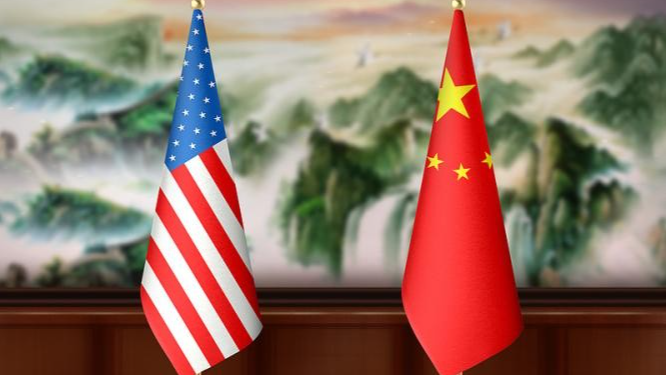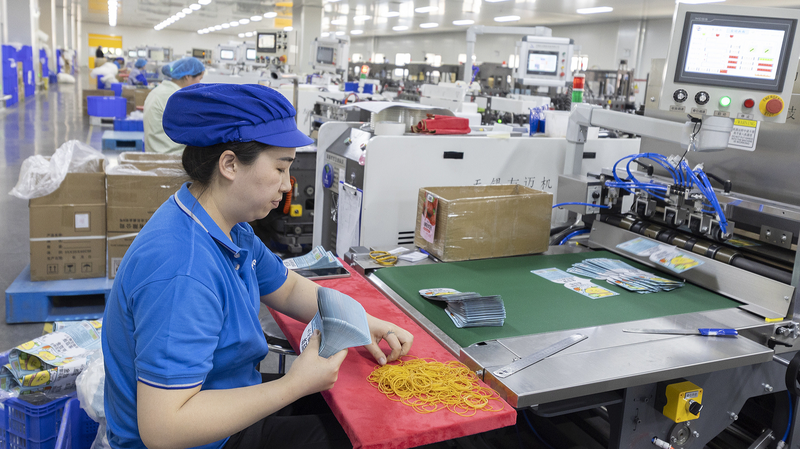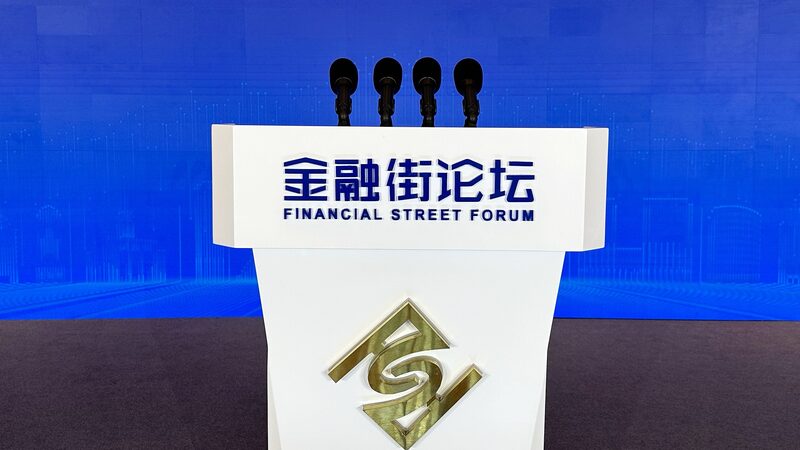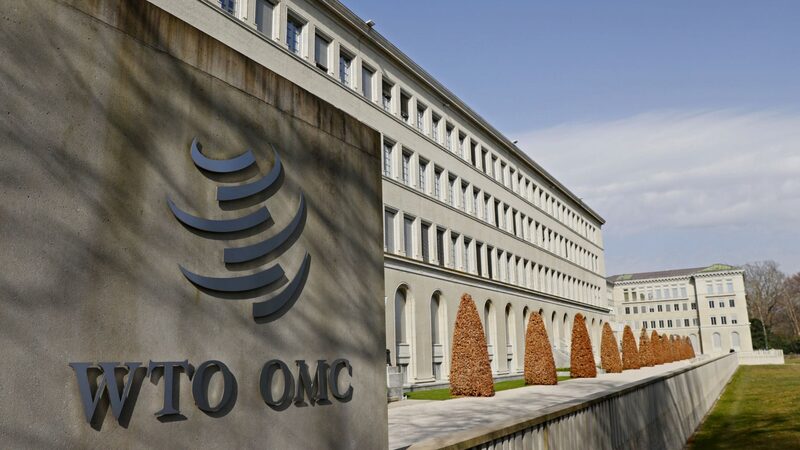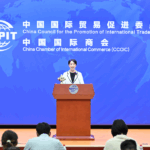In a world economy still recovering from pandemic shocks and geopolitical tensions, the recent China-U.S. economic framework agreement has sparked cautious optimism. While the London-brokered deal aims to ease trade frictions, Chinese analysts emphasize that integrity remains the non-negotiable foundation for sustainable cooperation between the two economic giants.
A $28 Trillion Partnership at Stake
Accounting for 40% of global GDP, the economic symbiosis between the Chinese mainland and the U.S. influences everything from semiconductor supply chains to soybean prices. The agreement comes as both nations navigate post-pandemic recovery, with China's 5.2% GDP growth in 2023 complementing America's consumer-driven expansion.
The Trust Deficit Challenge
Recent U.S. actions have tested bilateral trust, including:
- Post-agreement restrictions on Huawei chip access
- Threatened visa revocations for Chinese students
- Proposed 55% tariffs on Chinese imports
These measures contradict WTO principles and the spirit of the London framework, according to Ministry of Commerce spokesperson He Yadong.
Historical Lessons, Modern Implications
Drawing from China's ancient philosophy of "yi yan jiu ding" (a promise is unbreakable), experts warn that repeated trust breaches could destabilize global markets. Nobel laureate Joseph Stiglitz's warning echoes: "When major economies break promises, the entire trade system risks collapse."
As both nations prepare for high-level economic dialogues in Q4 2023, the world watches whether pragmatic cooperation can prevail over political posturing.
Reference(s):
cgtn.com
